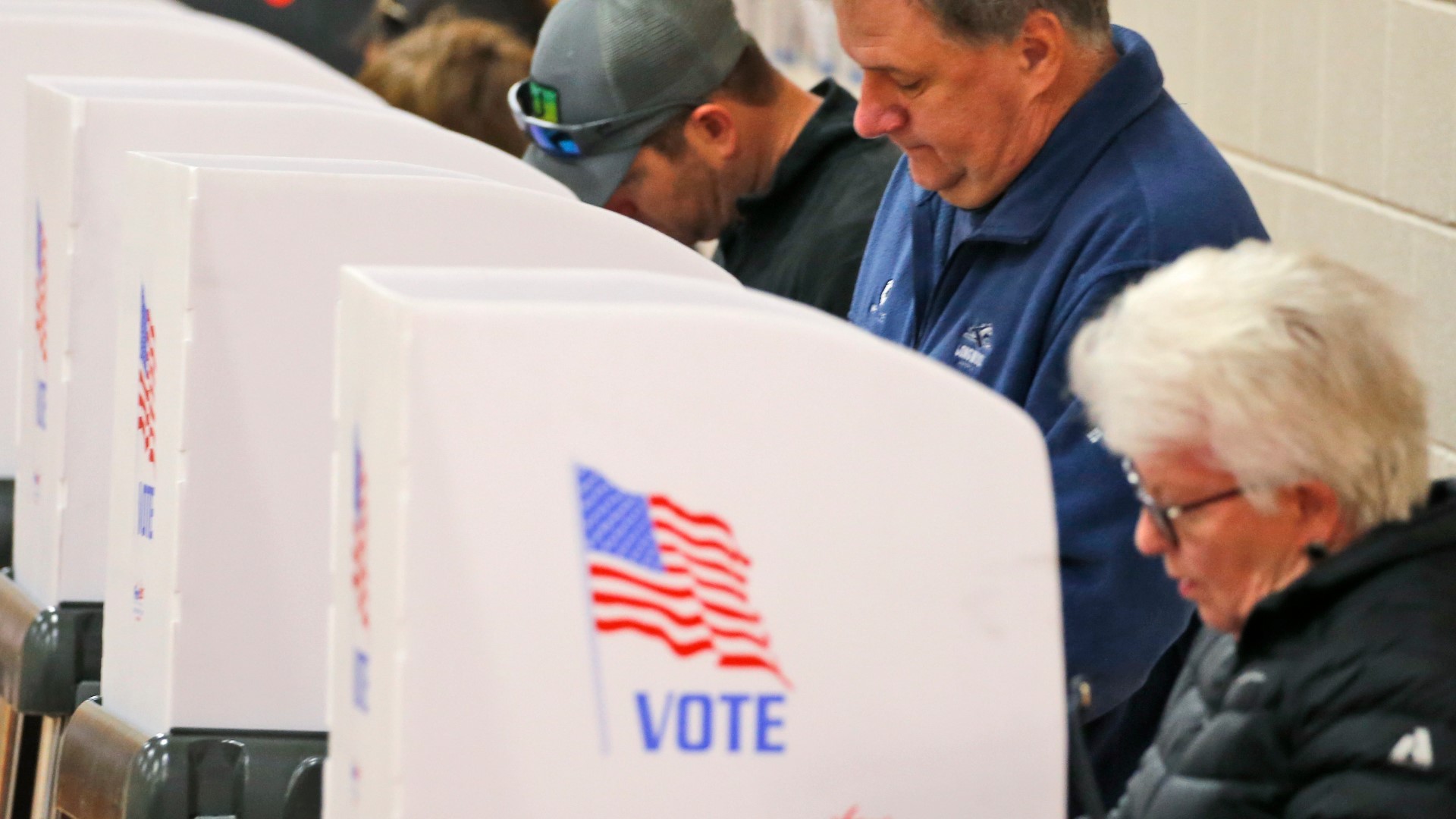WASHINGTON — Question:
Are Super Delegates really 10,000 times as powerful as the average voter?
Answer:
No. Using turnout data from the 2016 election, the Super Delegates actually have the voting power of about 8,000 voters. This still demonstrates the significant power of these delegates.
Sources:
Democratic National Committee, Charter and Bylaws
Democratic National Committee, Delegate Selection Rules
Federal Elections Commission, 2016 Results
Process:
At the latest debate in Nevada, the topic of Super Delegates came up for the first time on that national stage. Only Bernie Sanders, the current delegate leader, expressed interest in nominating the leader of the first vote at the national convention, whether they have a majority or not.
This prompted the hashtag #OnlyBernie to spread across social media, trending for hours. This prompted some to tweet out a graphic, which has surfaced before.
"One Super Delegate's vote overrides the voices of 10,000 Democratic voters," the meme reads. "Does that seem like a fair system to you?"
To answer this question, it's important to first understand the delegate system as a whole. When someone votes in a primary – they are actually telling their state's delegate how to vote.
There are 3,979 pledged delegates, that must follow the vote of the people.
Meanwhile, there is another group of delegates called Super Delegates. These include current and former politicians, including presidents, vice presidents, governors, congress members, and Senators. These Super Delegates also includes a laundry list of party leaders from across the country.
All in all, there are 771 of these Super Delegates, and they can vote for whatever candidate they want. They do not need to factor the vote of the people.
To answer the original question, The Verify Team did some math.
According to the Federal Elections Commission, there were about 31 million people, who voted in the Democratic primary. That means that each "pledged delegate" will represent 7,771 voters if voter turnout remains the same.
This means that the claim that Super Delegates are equal to 10,000 voters is exaggerated if we are using 2016 turnout numbers. Turnout in the Democratic primary would have to be closer to 40 million, for this statement to be correct.
Importantly, 2020 will also see big changes to the Super Delegate system. New DNC rules mandate that Super Delegates do not participate in the first round of voting at the Convention.
It’s only if there is a contested election, meaning nobody has a majority of votes, that Super Delegates get involved. With a large number of candidates, polling close together, a second round of voting at the convention is not out of the question.

